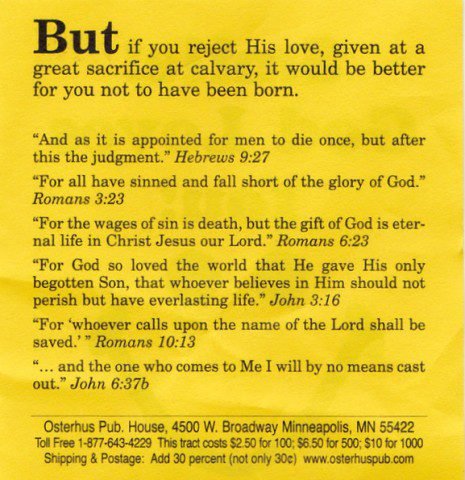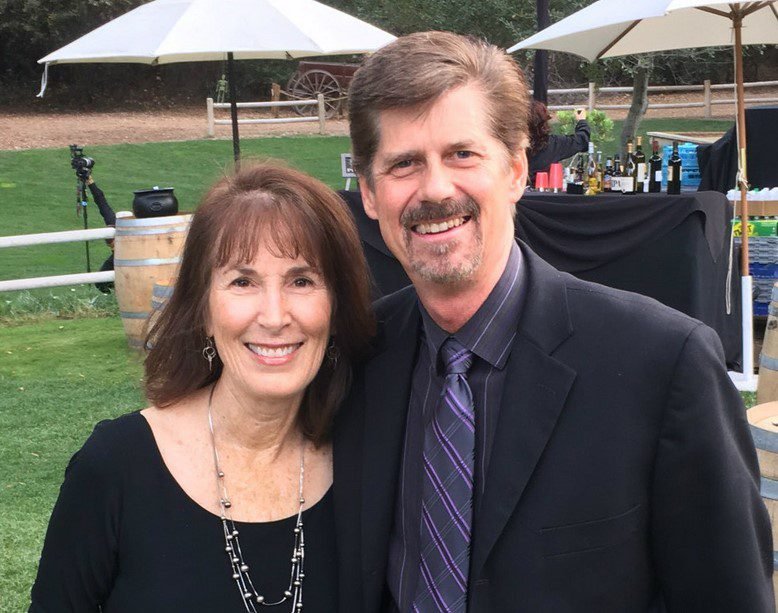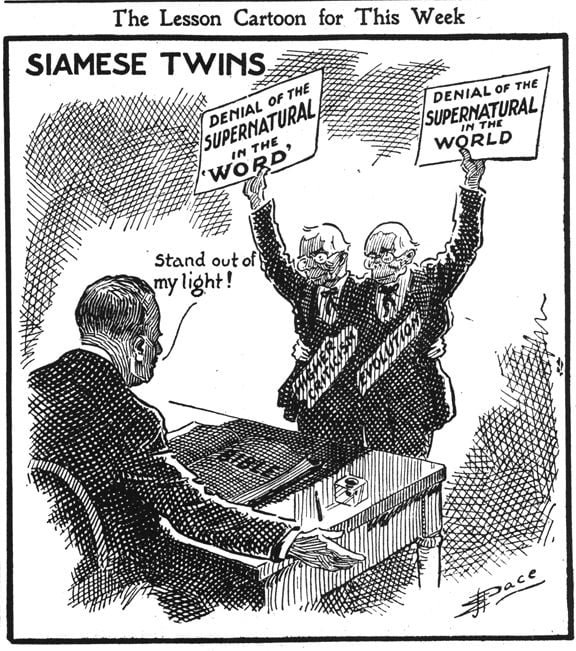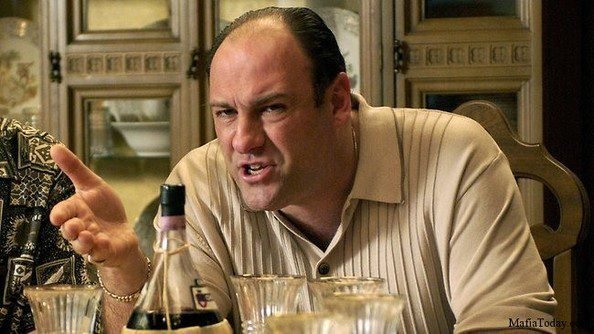
Over the past thirteen years, various people have taken it upon themselves in emails, blog comments, Facebook comments, tweets, letters to the editor, sermons, and blog posts to emphatically tell me “Bruce, You Are Wrong!!” Be it my liberal politics, the teams I root for, or my humanistic, atheistic beliefs, these beacons of absolute truth are infallibly certain that I am wrong.
Let me confess right away that I have been wrong many, many, many times. I bet you didn’t know that, right? In fact, there’s not a day that goes by that I am not wrong in some moment, circumstance, or detail.
Usually, when someone writes to me to tell me I am wrong, they have a deeper, more sinister meaning for the word “wrong.” For the most part, I write about Christianity — particularly Evangelical Christianity and the Independent Fundamentalist Baptist (IFB) church movement. Occasionally, I write about politics, education, sports, photography, and other sundry subjects, but Christianity and all its trappings is my main focus. I spend a great deal of time telling my story, detailing my journey, as only a good, humble, narcissistic ex-pastor can. This blog, whatever else it may or may not be, is this: “Bruce’s Story, Told by Bruce, According to Bruce, the Best He Can Remember It.”
When I am telling my story and my understanding of the journey I am on, I have little patience with those who tell me I am “wrong.” They dissect my life with the razor knife of their own experiences and beliefs, and determine that I am/was not what I say I am/was. They tell me I was never saved, never a Christian, never a real pastor, and I suspect someday someone will even challenge my circumcision.
These kinds of people want to control my storyline. My Evangelical critics want to set the standard by which my life — the one I lived, the one I am presently living — is judged, and it infuriates them when I won’t let them do so. I refuse to allow my story to be co-opted, controlled, or judged by any other standard than my own experiences. It is my life, and I know what I believed, how I lived, and I am certain I know my life better than anyone who only had this blog to judge me by. My dear wife of forty-two years is my best friend and she knows me pretty well, but she doesn’t know everything about me. Almost everything, but not quite. (Polly is wondering, “what the hell is Bruce keeping from me?)
Foolish is a person, armed with only printed words on a computer screen, who would judge a person’s life without any further evidence or knowledge. I certainly want people to enter into my story — in fact, I invite them in. But my readers are just visitors. They only know what I am willing to tell them. If my lover and best friend or my counselor can’t pierce Bruce Almighty’s inner sanctum, don’t think for a moment any outsider can. I’ve been reading the blogs of certain people — Zoe and Andrew Hackman — who have frequented this site for years. I am friends with them on Facebook. I know lots of things about them, but I would never arrogantly say I intimately “know” them. The same can be said for my editor. She’s been editing my writing for almost five years. We have never met in person, and it is likely we never will. I consider her a dear friend. We text each other almost daily. I know a lot about her past life and present life, about her spouse, children, grandchildren, etc. However, I would never presume on our relationship by saying I “know” everything there is to know about her. Yet, countless Evangelical critics think that my reading a few posts on this site that they “know” me, and are in a position to render infallible judgment.
Sometimes, charges of being wrong are hurled my way because of something I have written about Christianity, the ministry, the Bible, or some other facet of Western Christianity. They vehemently disagree with my interpretation of a particular Bible verse, or they object to particular word usages, words such as Christian, Evangelical, or Fundamentalist.
What is the foundation of their charges against me? Why, their own beliefs and interpretations, or the beliefs and interpretations of their particular sect. Ultimately, the Bible becomes the focus of these kinds of accusations.
According to my eristical interlocutors, I am wrong because I have misread, misunderstood, misapplied, or distorted what the Bible teaches. How do my critics know this? Because they read, understand, and apply the Bible differently from me, and we all know that every Evangelical is infallible in his or her understanding of an allegedly divine religious text, written by mostly unknown authors thousands of years ago.
I could be wrong. In fact, I am quite certain that some of my interpretations of the Bible are wrong or could be better stated. I have no way of proving whether they are. All I have is my mind and my ability to read, and using these skills, I try, to the best of my ability, to discern and understand what a particular text in the Bible says. People are free to differ with me, but why should it be assumed that I am wrong and my critics are right? How do we make such a determination?
The Bible has the unique ability to be whatever a person wants it to be. Most people have a bit of Thomas Jefferson in them, scissors in hand, cutting out the things they disagree with or the things that weaken their theological, political, and social beliefs. The short of it is this: if you need to prove something, go to the Bible. You will likely find the answer you are looking for.
I am quite aware of the fact that I read the Bible differently from the Evangelical Christians who think I am wrong. The one-up I have on them is that I used to read the Bible as they do. I understand their hermeneutics and theology, and I am well aware of their interpretations. That said, I have no compulsion or need to read the Bible as Evangelicals or progressive/liberal Christians would read the Good Book. I have no need to make the Bible fit a peculiar systematic theology grid, as Evangelical Christians do. Instead, I try to read the Bible like the average, unenlightened Bruce would read the Bible. I try to transport myself back in time in hopes of getting a historical and cultural perspective on the passage I am reading.
In Genesis 1:26, God says “let us make man in our image.” When I read this passage, I say to myself: this says there is a plurality of Gods. Let US. As I read the Old Testament, it is very clear to me that the Israelites were polytheistic and over time became monotheistic (or as oneness-Pentecostals would assert about Trinitarian Christians, they still ARE polytheistic).
Of course, those who think I am wrong say: but the New Testament says______ and they import their Trinitarian theology into the Genesis text. That’s all well and good if you are an Evangelical Christian, but I am not. I am quite free to read the Bible as it is written without forcing myself to put all the pegs in the right holes. The Christian has the burden to make it all fit, not I.
I may be wrong, but it is a leap of faith to assume that because I am wrong, you are right. There is no way to “prove” who is right or who is wrong when it comes to the Bible. Baptists and Campbellites (Church of Christ) spar often over one Greek word, eis, in Acts 2:38. Who is right? Yeah, yeah, yeah, I know all the arguments from both sides of the fence. Who is right? All of us have to determine for ourselves what we believe about God, Jesus, the Bible, and Christianity. This blog is simply my take on these things.
Seriously, the amount of skin I have in this game gets less and less every day. Talking about the Bible and what it purportedly teaches is all fun and games. Since the Bible no longer has a mystical, supernatural hold on me, I am quite free to ignore it at will. I am free to be wrong because being wrong about the Bible is like being wrong about picking the wrong players for a fantasy football league — not the end of the world.
My bigger focus is on those who are considering leaving Christianity or who have already left Christianity. I try to be a good example of a person who successfully broke the chains of bondage and left Christianity. I do not call on people to follow me or to do what I did. All I am is one guy with a story to tell. If my story helps someone, if it gives them the strength to take the big step they need to take, then I am grateful and humbled by being a small measure of help to them. However, if all I do is piss you off and make you think you have scabies, perhaps your short life would be better served reading other things than this blog. Telling me I am wrong will not bring the effect you desire. I will gladly admit to being wrong. Next?
Perhaps you are really hanging out here because, deep down, uncertainty is pulling at you, and you are trying to suppress it by lashing out at the poor, deluded, deceived, ignorant Evangelical-preacher-turned-atheist named Bruce. If me being your whipping boy leads to your deconversion, whip away, my friend, whip away.
Bruce Gerencser, 66, lives in rural Northwest Ohio with his wife of 45 years. He and his wife have six grown children and thirteen grandchildren. Bruce pastored Evangelical churches for twenty-five years in Ohio, Texas, and Michigan. Bruce left the ministry in 2005, and in 2008 he left Christianity. Bruce is now a humanist and an atheist.
Connect with me on social media:
Your comments are welcome and appreciated. All first-time comments are moderated. Please read the commenting rules before commenting.
You can email Bruce via the Contact Form.
















